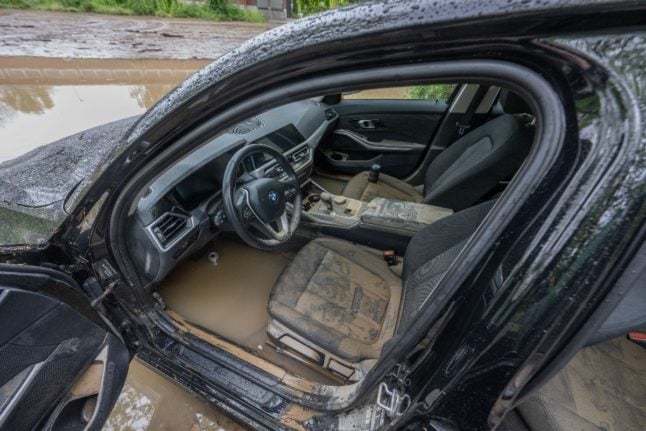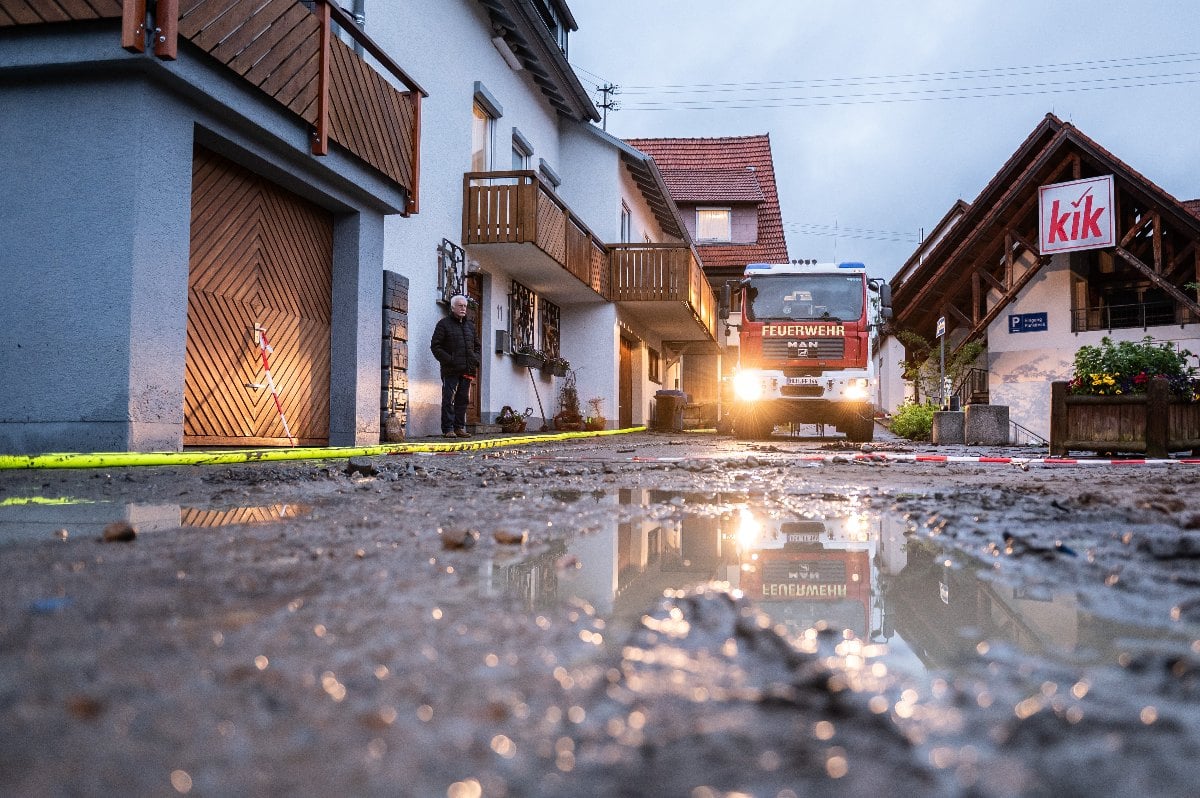Germany is getting hotter. Every decade since the sixties has been warmer than the previous one and the pace is continuing to increase, the German Weather Service (DWD) said in its final climate assessment for the past year released on Monday.
“We are now experiencing hot spells and intensities that we would actually not have expected from climate models for a few decades,” said Andreas Becker, head of the DWD’s climate monitoring department.
READ ALSO: More floods, droughts and heatwaves: How climate change will impact Germany
“Since the year 1881, we now have an increase in the annual mean temperature in Germany of 1.7 C,” Becker said. He added that this increase can only be explained by man-made climate change.
The first half of January – usually considered to be the height of winter – was warmer than ever before this year, at 8.2 C above average.
But while temperatures are expected to sink and bring some frost and snowfall later this week, meteorologist Dominik Jung from wetter.net, has said that there is no real prospect of a severe cold spell or a deep onset of winter. Meteorologist Alban Burster from wetter.com, meanwhile, said that he expects January to remain mainly foggy and wet.
Looking ahead to February, it seems likely that there will be no change in the warming trend. Meteorologist Jung said that he expects the second month of 2023 to be “almost a kind of ‘heat’ February” – at an average of two to three degrees warmer than the climate average.
Good news for some
For the winter sports season, the warm temperatures are “a disaster”, Jung said.
READ ALSO: How heatwaves in Germany have led to thousands of deaths
The meagre snowfall is bad news for sports enthusiasts and ski lift operators, many of which have had to resort to using artificial snow – at a significant cost.
However, for those hoping to save on their home heating bills, the warm winter months, for now, are good news.




 Please whitelist us to continue reading.
Please whitelist us to continue reading.
Member comments